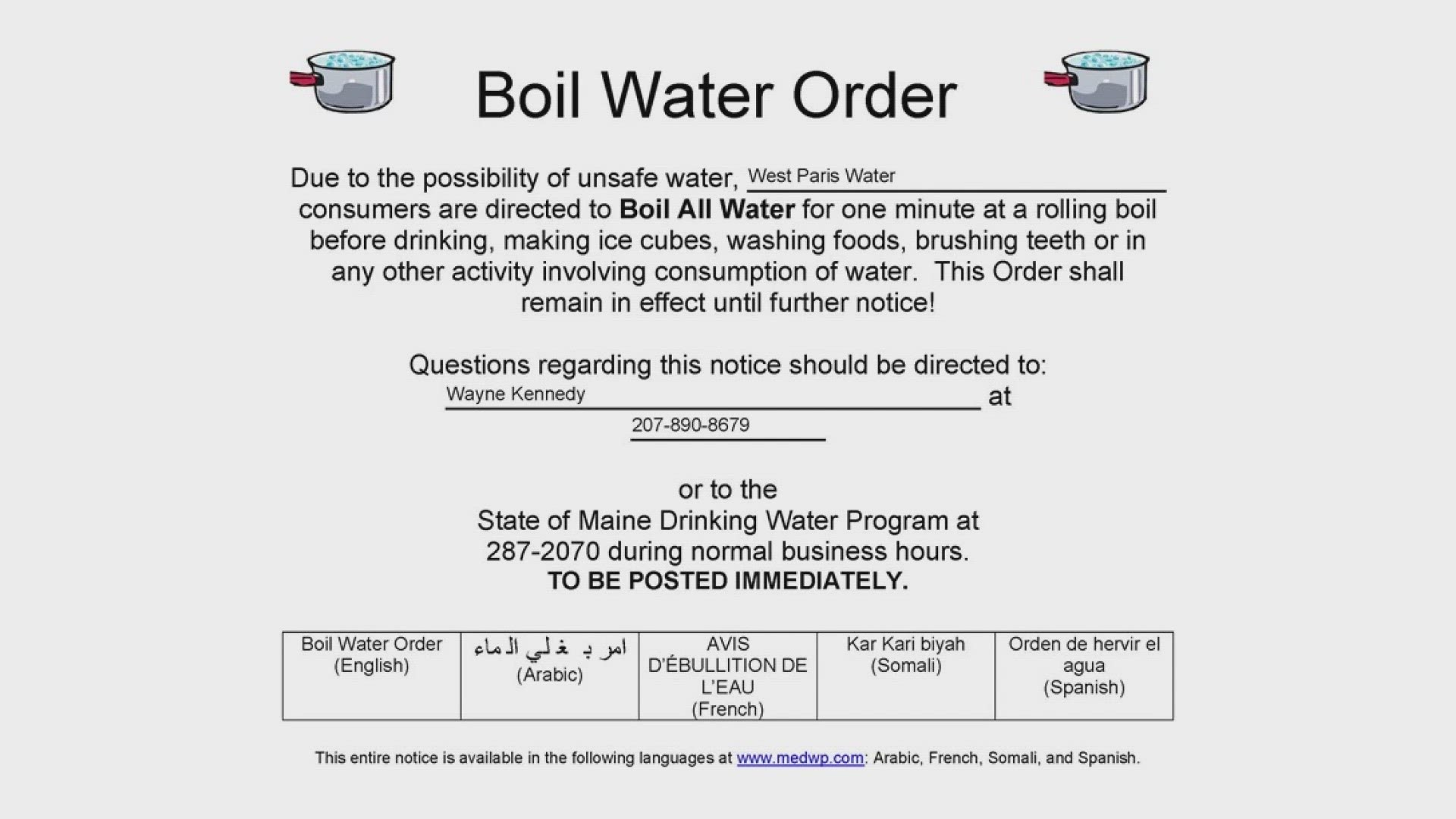AUGUSTA, Maine — Two Maine health organizations said that an assessment of a Waterville food worker's illness shows customers may be at risk for hepatitis A.
The Maine Center for Disease Control and Prevention (CDC) and Maine Department of Agriculture, Conservation and Forestry (DACF) said people who purchased deli items, ready-to-eat food, or meat from Joseph’s Market between December 27, 2019, and January 9, 2020, should watch for symptoms and contact a health care provider to be tested if they show any signs of infection.
The DACF said deli and ready-to eat-food purchased between those dates should be thrown away. Meat purchased between those dates should either be discarded or cooked thoroughly.
People who ate deli items, ready-to-eat food, or meat purchased between those dates have up to 14 days after eating it to receive Hepatitis A immune globulin (IG) or the vaccine.
The DACF recommends contacting medical providers to discuss options. People with compromised immune systems or children under one-year-old who ate deli items, ready-to-eat food, or meat from Joseph’s Market during this time could gain added protection by receiving the hepatitis A IG, upon consultation with their health care providers.
Hepatitis A is a vaccine-preventable, contagious liver disease that is caused by the hepatitis A virus. Symptoms can range from mild illness to a severe sickness that requires hospitalization and can last several months. Most adults with hepatitis A have a sudden onset of symptoms such as tiredness, low appetite, stomach pain, nausea, dark urine and jaundice (yellowing of the skin and eyes). Most children younger than 6 years old do not have symptoms or have an unrecognized infection. The best way to prevent hepatitis A infection is to get vaccinated.
Hepatitis A can be spread through contaminated food or water, especially in food prepared by a person who is infected. Symptoms will begin to show 15-50 days after exposure to the virus. An infected person can spread the virus to others approximately two weeks before symptoms start until one week after symptoms end.
Maine DACF and CDC are working with the business owner and local health care providers to minimize the risk of further exposures.
For more information on hepatitis A, click here.



